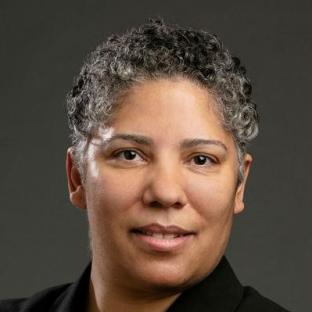Professor
Taub Institute for Research on Alzheimer’s Disease & the Aging Brain
Department of Neurology | Vagelos College of Physicians & Surgeons
Columbia University Irving Medical Center
Jennifer Manly, Ph.D. is a Professor of Neuropsychology in Neurology at the Gertrude H. Sergievsky Center and the Taub Institute for Research in Aging and Alzheimer’s disease at Columbia University. She completed her graduate training in neuropsychology at the San Diego State University / University of California at San Diego Joint Doctoral Program in Clinical Psychology. After a clinical internship at Brown University, she completed a postdoctoral fellowship at Columbia University. Her research on cultural, medical, and genetic predictors of cognitive aging and Alzheimer’s disease among African Americans and Hispanics has been funded by the National Institute on Aging and the Alzheimer’s Association. She has authored over 100 peer-reviewed publications and 8 chapters.



